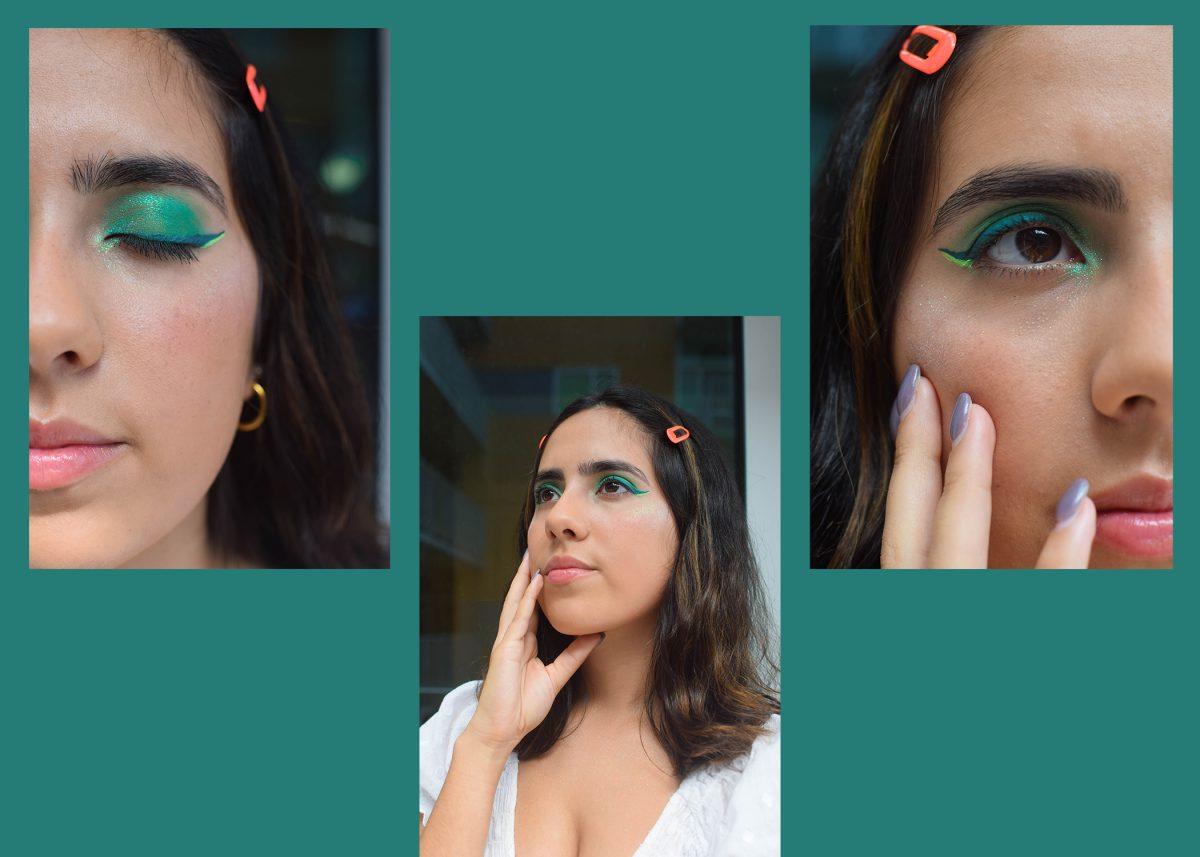Racial minorities – disproportionately targeted in the failed war on drugs – are now being shut out of America’s profitable legal cannabis market, a burgeoning $11 billion-dollar industry dominated by white men.
Story by Sidney Phillips
At this year’s SXSW, protesters gathered outside of ex-Speaker of the House John Boehner’s keynote address on America’s fastest growing industry– legal cannabis. The protesters, organized by the Equity First Alliance (EFA), expressed outrage over the hypocrisy of Boehner – who, in his own words, “unalterably opposed the legalization of marijuana “in 2011 – but, now sits on the board of Acreage Holdings, the largest cannabis corporation in America. Activists also criticized Adam Bierman, CEO of MedMen, touted as the apple store of weed, who also presented at SXSW the day before. Bierman’s company is currently facing a multi-million-dollar lawsuit and a series of allegations, including charges of racism and homophobia.
From “just say no” to a $11 billion-dollar industry, the budding legal cannabis industry seems to depict a hopeful story of destigmatization and opportunity. However, despite its formerly counter-cultural undercurrents, now-legal cannabis is non-unique to American capitalism’s role in maintaining a racist, classist status quo. Although black and brown communities have been disproportionately targeted in the decades-long war on drugs, they are systematically being shut out from America’s profitable Green Rush.
In the eight states and Washington D.C. where marijuana is legal, less than a fifth of cannabis business owners identify as racial minorities, including 4.3 percent who are black. In contrast, people of color are over-represented when it comes to cannabis-related arrests and convictions: nearly 60% of people in state prison for drug offenses are black or latinx and Black Americans are 4x more likely to be arrested for possession than whites despite similar usage rates.
While America’s failed war on drugs disproportionately targeted and uprooted black and brown communities, the majority of those reaping benefits from marijuana’s now-legal status are white men. Essentially, the industry’s equitable failure can be explained in two-parts: first, financial obstacles exclude many POC Americans from entering the costly business, and then, most states prohibit those with previous felonies from taking part in the industry.
The problem of financing can be the main obstacle for anyone trying to break into the legal weed business. First, you’ll need a license, which can cost up to $120,000. Then, operations come out to around $70,000. Toss in legal fees, insurance, rental space, advertising and taxes and your costs can stretch into millions.
As the racial wealth gap increases, black and brown business entrepreneurs often find the financial hurdles too steep to overcome. In the US, white families on average have 10x the net worth of black ones, and black business owners are far less likely to get loans.
On top of wealth disparity, most states where legal marijuana is sold bar industry entrants from having past felonies. With a judicial system that routinely targets and over-policies poor black and brown communities, people of color are clearly at a disadvantage. In Texas, although black Americans make up 12% of the population, they account for a quarter of marijuana possession charges. What’s more, legalization doesn’t appear to be curving unfair policing, at least for people of color. In Washington DC, arrests for distribution and public consumption quadrupled even after legalization, off which, 75% were black.
One of many progressives advocating for drug policy reform, Rep. Alexandria Ocasio-Cortex (D-N.Y), in a congressional hearing last February, condemned the growing cannabis industry for “compounding the racial wealth gap.” She accused white-owned corporations of strong-holding the market, while communities most affected by drug incarcerations are the “last in the door” into the lucrative business.
The drug Policy alliance praised Ocasio’s testimony. “We must legalize marijuana in a way that recognizes and repairs the disastrous, disproportionate harms of the drug war … on people of color,” the organization tweeted after the hearing.
AOC also advocated for what some call drug war reparations, which include criminal record expungement, job fairs, voter registration, healthcare and social equity programs targeted to poc communities.











































